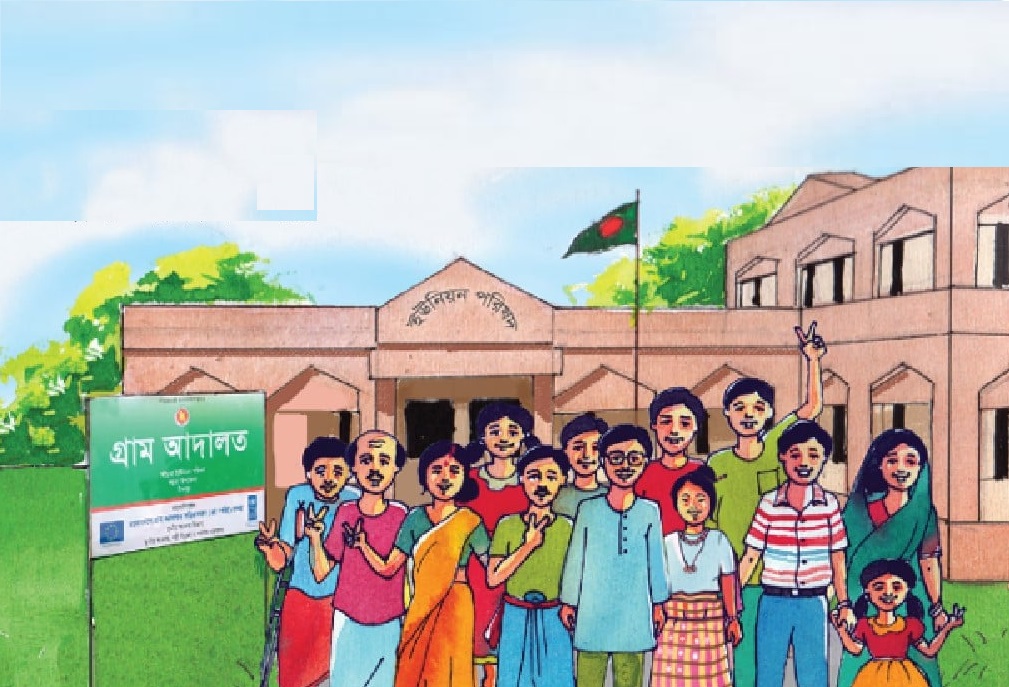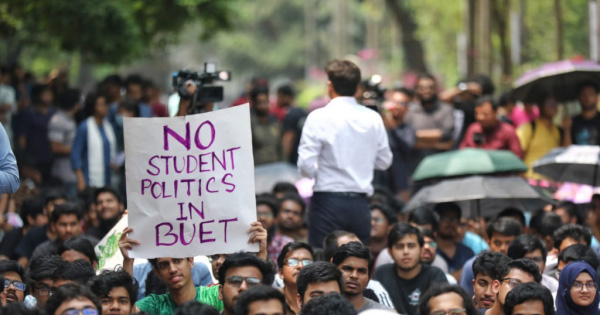In the annals of Bangladesh’s tumultuous political history, the specter of electoral fraud looms large, casting a shadow over the nation’s democratic aspirations. Mirza Fakhrul Islam Alamgir, the Secretary General of the Bangladesh Nationalist Party (BNP), recently sounded the alarm on the perils of participating in rigged elections under the incumbent Awami League regime. Fakhrul’s impassioned plea for electoral integrity resonates with a populace weary of recurrent betrayals and broken promises.
To understand the gravity of Fakhrul’s warnings, one must delve into Bangladesh’s electoral past, marred by instances of manipulation and malfeasance. From the tumultuous aftermath of independence to the present day, electoral politics in Bangladesh has been fraught with challenges, with allegations of rigging and voter intimidation tarnishing the democratic process. The legacy of electoral injustice has left scars on the collective consciousness of Bangladeshi society, fueling distrust in political institutions and sowing seeds of discontent among the populace.
Fakhrul’s assertion that the people of Bangladesh have been deceived twice, in the 2014 and 2018 elections, underscores a pattern of systemic electoral manipulation orchestrated by the ruling Awami League. Instances of ballot stuffing, voter suppression, and coercion have cast doubt on the credibility of Bangladesh’s electoral system, eroding public trust in the democratic process. The pervasiveness of electoral fraud not only undermines the legitimacy of elected representatives but also undermines the very foundation of democratic governance, depriving citizens of their fundamental right to participate in free and fair elections.
The ramifications of electoral fraud extend far beyond the confines of the ballot box, permeating every facet of Bangladeshi society. Economic stagnation, social unrest, and political instability are just some of the consequences borne by a nation besieged by rigged elections. The erosion of public trust in democratic institutions has led to a crisis of legitimacy, hindering Bangladesh’s development and progress on the world stage. Moreover, the disenfranchisement of marginalized communities exacerbates existing inequalities, perpetuating a cycle of poverty and exclusion. The specter of electoral fraud also undermines Bangladesh’s international standing, eroding confidence among foreign investors and jeopardizing vital partnerships with key diplomatic allies. The systemic nature of electoral fraud undermines the credibility of Bangladesh’s democratic institutions, creating a breeding ground for corruption and authoritarianism.
Despite mounting evidence of electoral malpractice, the international community’s response to Bangladesh’s democratic crisis has been lukewarm at best. Diplomatic statements of concern have failed to translate into concrete action, leaving Bangladeshi democracy at the mercy of domestic power dynamics. While some nations have voiced condemnation of electoral fraud, geopolitical considerations often trump calls for accountability, allowing autocratic regimes to operate with impunity. The lack of concerted international pressure emboldens authoritarian leaders to suppress dissent and entrench their hold on power, undermining the principles of democracy and human rights. The tepid response from the international community reflects a broader trend of realpolitik, where strategic interests often supersede moral imperatives, leaving pro-democracy activists and opposition movements to fend for themselves in the face of entrenched autocracy.
In the face of electoral injustice, civil society organizations and grassroots movements have emerged as beacons of hope, mobilizing citizens to demand accountability and transparency in the electoral process. From voter education initiatives to mass protests, these voices of dissent serve as a bulwark against authoritarian encroachment. By galvanizing public support and raising awareness of electoral fraud, civil society actors play a crucial role in holding power accountable and safeguarding democratic values. The resilience of civil society in the face of repression underscores the enduring commitment of ordinary citizens to uphold the principles of democracy and justice, even in the most challenging of circumstances. Civil society’s role in exposing electoral fraud and mobilizing public opinion is instrumental in challenging the status quo and pushing for meaningful democratic reform.
For the BNP, navigating the treacherous waters of Bangladesh’s electoral landscape requires a delicate balancing act between participation and protest. Over the years, the party has borne the brunt of electoral fraud and political persecution, with its leaders and supporters facing harassment, imprisonment, and violence. Despite facing formidable odds, the BNP remains steadfast in its commitment to contesting elections under a fair and impartial electoral framework, leveraging grassroots mobilization and strategic alliances to amplify its voice. The party’s resilience in the face of adversity symbolizes the enduring struggle for democracy in Bangladesh, inspiring hope and solidarity among its supporters. The BNP’s unwavering determination to challenge electoral fraud reflects a broader commitment to democratic principles and the rule of law, positioning the party as a vanguard for political reform and accountability in Bangladesh.
As Bangladesh stands on the cusp of a new electoral cycle, the stakes have never been higher. The choices made in the coming months will shape the destiny of a nation grappling with the ghosts of its past and the promise of its future. By upholding the principles of democracy and demanding accountability from those in power, the people of Bangladesh hold the key to unlocking a brighter tomorrow. In conclusion, Fakhrul’s clarion call for electoral justice serves as a rallying cry for all those who cherish the ideals of democracy and freedom. In the face of adversity, the resilience of the Bangladeshi people shines through, illuminating a path towards a more just and equitable future for generations to come.







